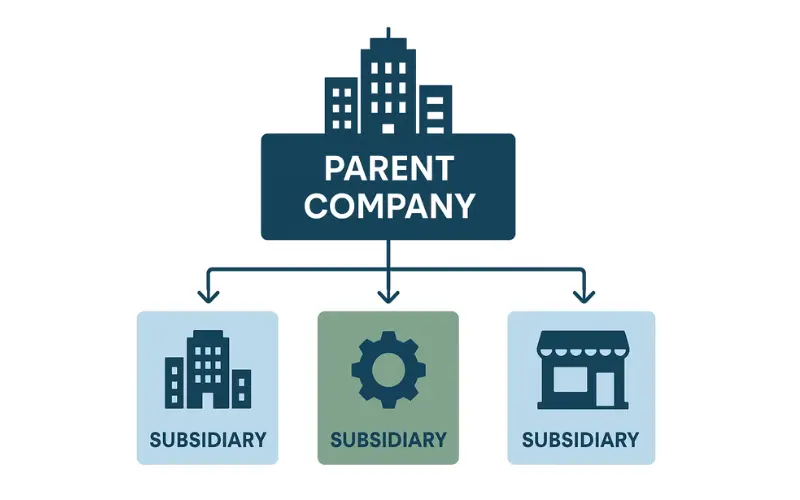In today’s fast-paced business world, offering a variety of payment methods is crucial for success. As technology evolves, so do the preferences of customers when it comes to making payments. Modern businesses must adopt payment methods that provide convenience for their customers while ensuring efficiency and security for their operations.
This blog post will explore the top payment methods that modern businesses should consider to stay competitive and meet the needs of their diverse customer base. Understanding and implementing these payment methods can significantly impact your business’s ability to thrive in the current market.
Credit Card Payments
Accepting credit cards as a payment method is essential for the success and growth of any business in today’s digital age. By offering this convenience to customers, businesses can attract a larger customer base and increase sales. And, while there may be some associated costs, such as merchant account fees, the benefits far outweigh the expenses. These fees are necessary for businesses to securely process credit card transactions and maintain a reliable payment infrastructure.
Additionally, accepting credit cards can help businesses improve cash flow and streamline their operations. In a competitive market, businesses that do not accept credit cards may risk losing customers to competitors who do offer this payment option. Therefore, it is crucial for businesses to accept credit cards as a payment method.
Mobile Wallets and Contactless Payments
The rise of smartphones has led to the growing popularity of mobile wallets like Apple Pay, Google Wallet, and Samsung Pay. These digital wallets securely store users’ payment information and allow for quick, contactless transactions. This method is fast while adding a layer of security since the actual card numbers are not transferred during the transaction.
Businesses looking to cater to tech-savvy customers should integrate mobile wallet capabilities into their payment systems, especially in physical stores where contactless payments can streamline checkout. Additionally, embracing mobile wallets can position a business as forward-thinking and responsive to evolving trends in consumer behavior.
Online Payment Gateways
For online businesses, integrating a reliable payment gateway is a fundamental step. Platforms like PayPal, Stripe, and Square enable customers to make secure payments using various methods like credit cards, bank transfers, and cryptocurrencies. These gateways also offer valuable features, including options for recurring billing and insightful payment analytics, which are crucial for monitoring and enhancing business transactions.
Selecting a payment gateway should involve considering your specific business needs and the preferences of your customer base, as this choice directly impacts the ease and security of the online shopping experience. Additionally, assessing the gateway’s compatibility with your e-commerce platform and its ability to scale as your business grows is essential.
Bank Transfers and Direct Debits
Bank transfers and direct debits are ideal for businesses that deal with regular, recurring payments. These methods are prevalent in B2B transactions and industries like utilities and subscription services. Direct debits allow companies to automatically collect payments from customers’ accounts, ensuring timely payments and reducing administrative effort.
Bank transfers, on the other hand, are suitable for larger one-off transactions. Both methods require a reliable banking infrastructure and may be more appropriate for established businesses with a stable customer base.
Cryptocurrency
Cryptocurrency is becoming increasingly popular as a payment method in the business sector. Its advantages, such as lower transaction fees and the ability to reach a global market, make it an attractive option for many companies. Digital currencies like Bitcoin and Ethereum offer a decentralized system, enhancing security and privacy beyond what is available with traditional payment methods.
However, businesses considering this option should thoroughly research the cryptocurrency market. This includes understanding its volatility, the technical aspects of integrating such payments into their systems, and the legal implications in different regions. This careful consideration will help ease the adoption process and mitigate potential risks.
Conclusion
In conclusion, modern businesses must carefully select payment methods that align with their customers’ preferences and their own operational requirements. And, by offering a broad spectrum of payment options, businesses not only cater to varying customer needs but also streamline their operations and maintain competitiveness in a dynamic market environment. This strategic approach to payment solutions is key to thriving in today’s diverse and rapidly changing business landscape.




